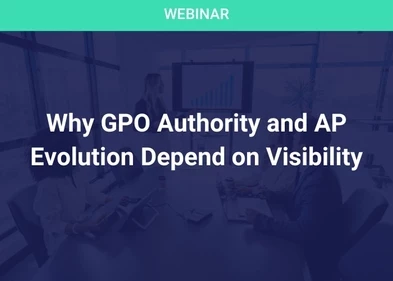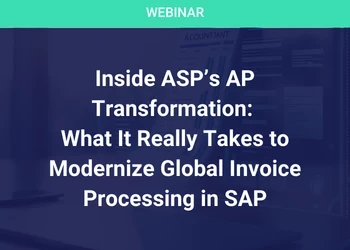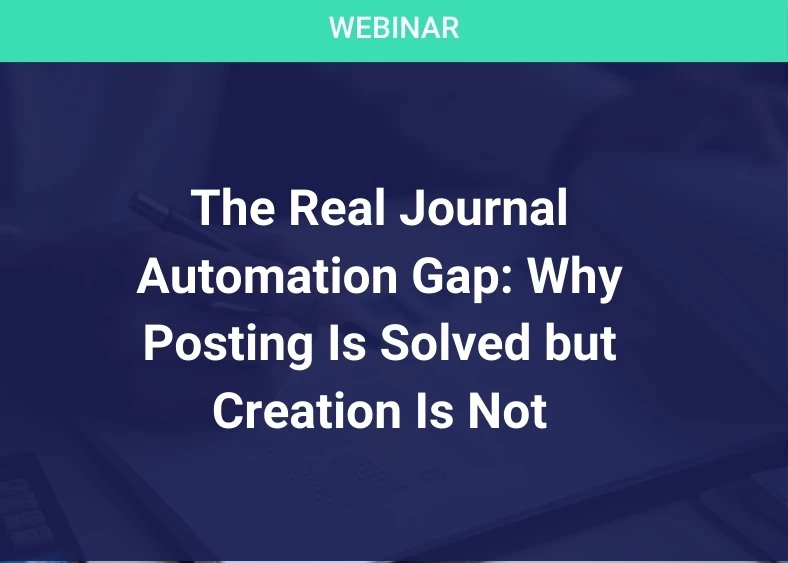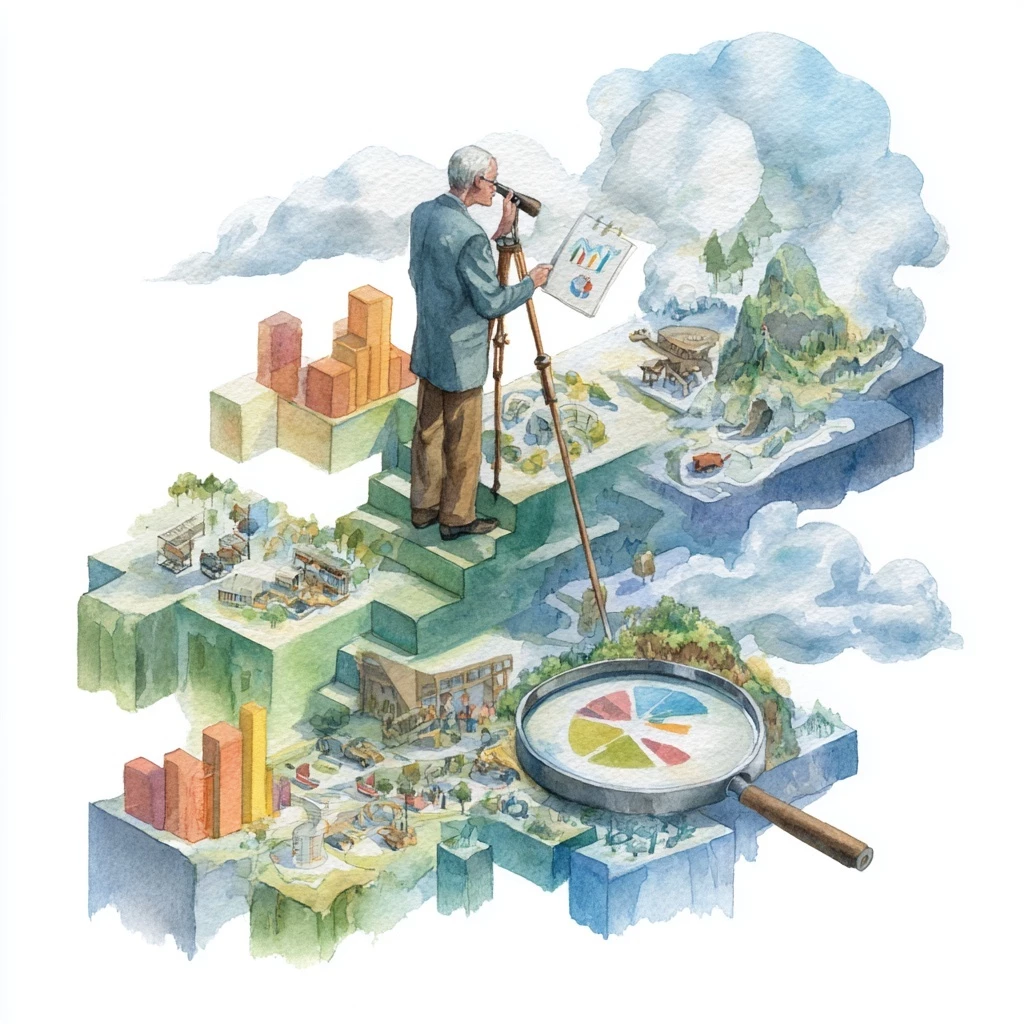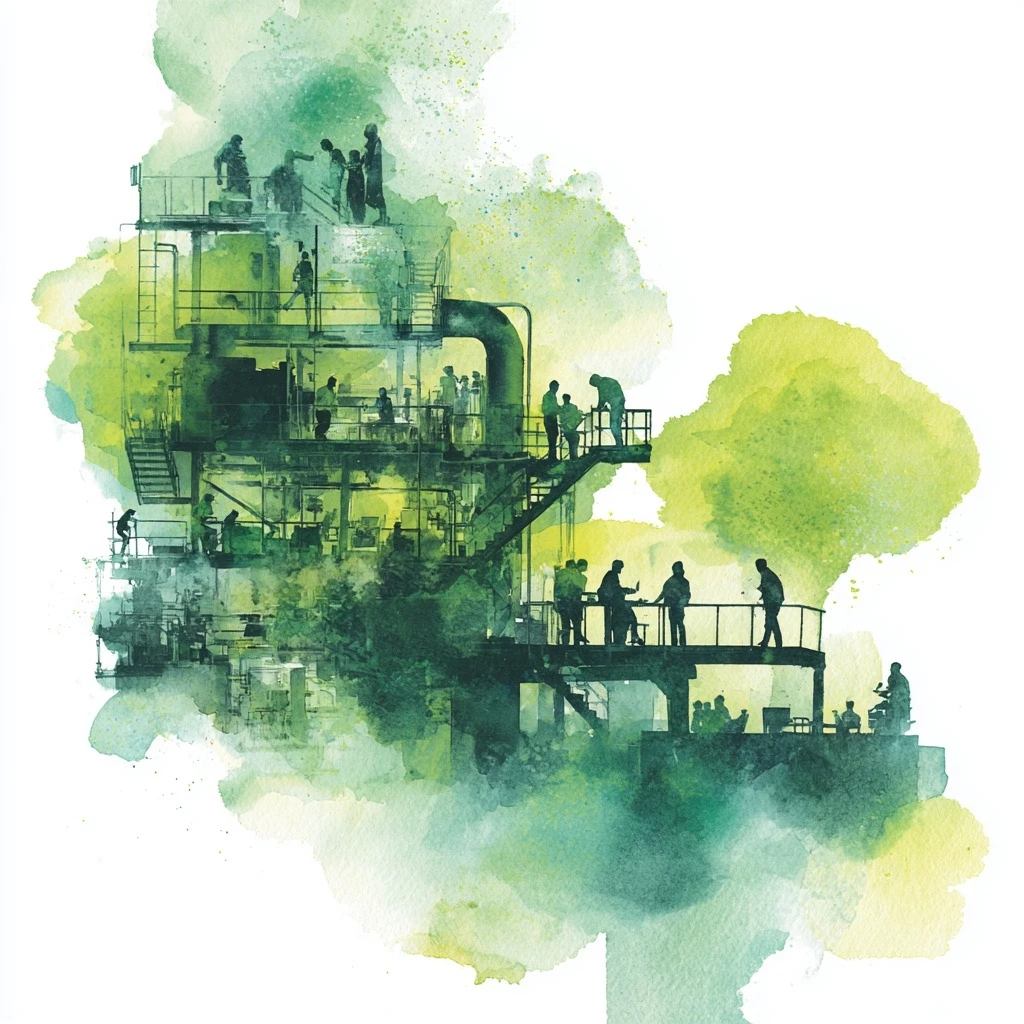Lesson 8: Never put yourself in a position that could lead others to question your character, your trustworthiness, or your integrity.
Add bookmarkIs there a secret formula for success in business – and in your career? Probably not. But I believe it makes sense to learn from the people I respect and who have been successful themselves? Case in point: Ira Fialkow was the Executive Vice President for Shared Services at CEMEX, until recently. His career spans 25 years and he is a highly respected leader in his field. This series marks the culmination of 25 business lessons documented and developed by Ira over the past 25 years of his career. Ira used to distribute these lessons to the team every year. In this series, I will endeavor to share the 25 business lessons that I’ve learned from Ira and our shared services team.
We have concluded section 1 of the 25 work-life lessons series with six lessons focused on self-improvement. In any endeavor, change begins with oneself. You cannot create a successful organization, nor be successful yourself, without the drive to do better and be better.
- Lesson 1: Have a mentor (even if they don’t know it). Be a mentor (someone is watching you).
- Lesson 2: If You Don’t Know, Say "I Don’t Know"
- Lesson 3: Set your performance standards high and never give in to "good enough". Be your own toughest critic.
- Lesson 4: Learn how to give first-rate presentations so that the message you’re trying to deliver is the same one the audience receives
- Lesson 5: Understand the Skills and Abilities that Differentiate You From everyone Else. Whenever You Have an Opportunity, Use Them.
- Lesson 6: It is better to do something and learn from mistakes than live the inertia of paralysis of analysis.
- Lesson 7: Choose a good attitude
>> Moving to SECTION 2: CREATING A BETTER WORKING ENVIRONMENT
Section 2 is about creating a better work environment. This leads on from Section 1: Improving oneself means improving one’s professional atmosphere; no real change can be achieved without this. As part of a team in a working environment, as a member or a manager, you have a lot to say about the work environment that you create. And you have a responsibility to do your best to create an environment where people truly enjoy coming to work every day.
Work-life Lesson 8: Never put yourself in a position that could lead others to question your character, your trustworthiness, or your integrity.
Think about jobs you have had or you currently have. When you trust the people you work with—your boss or the company leadership, for example—not only are you highly engaged but you also enjoy what you are doing; and you do everything you can to bring success to the organization. More importantly, when people trust each other, they take ownership of their environment and hold themselves and others accountable. On the other hand, when someone’s integrity, character or trustworthiness is put into question, the whole organization is negatively affected.
"Hearts and Minds" or "Renting Labor"—Why Trust Is Critical in a Healthy Organization
This lesson is about building trust, keeping trust and (occasionally) having to gain back trust. Trust is the groundwork of all relationships, especially of good functioning teams. It is critical for effective communication and employee engagement. It is a major factor of employee retention, and employee motivation and contributes to discretionary energy, which causes employees to go "above and beyond". When trust exists in the workplace, everything else is easier to achieve. You can cultivate a culture in which people think performance, quality, and exceptional service—but there's a big difference between these efforts resulting from the basis of trust; or from simple compliance. Results coming from a "trustworthy" organization resonate better with the market or with external entities. People want to patronize your products and do business with you if they trust you.
Once trust is broken, it’s said that it can never be regained. When this happens in the workplace, the relationship can take a very long time to mend. Productivity and efficiency is affected because the parties involved become guarded and suspect "hidden agendas". However, honest mistakes will happen and these experiences also produce valuable lessons. Because trust is a core foundation value, never put yourself in a position that could lead other people to question your character, trustworthiness, or integrity. The process of building trust, character and relationship takes time, but can be destroyed in an instant.
In the workplace, there should be certain people we are able to trust without reservation: one of them is our manager. Managers build that trust by fulfilling accountability. This includes accountability to create a better and safer workplace; to have the best processes and tools to run the business and enjoy competitive advantage; and to expand opportunities for employees. We shouldn’t have to doubt the motivation behind managers’ decisions because there should be no motivation other than doing what is in the best interest of the company—based on company values and objectives.
However, in a workplace environment it is unavoidable that perceptions of unfair actions, inequities in various forms, and conflicts of interest may arise. In these situations, building trust is not easy. Successful trust-building in the work place hinges on three elements: clarity of purpose, open communication and a win-win attitude.
- Clarity of purpose is represented by the company’s vision and purpose. It is the structure of any organization. It is what keeps it moving forward with direction. It provides meaning to the day-to-day challenges. Building trust is vastly different from trying to establish who is right. It is about committing to, and working to achieve outcomes that people are willing to stand behind.
- Open Communication is important in any relationship building. It is also important in maintaining trust. How effective communication is in the work place is key. This is particularly important when implementing difficult decisions—for example, reorganizations, which potentially (and naturally) creates a certain level of distrust between leaders and employees. In order to address this distrust, leaders need to show their employees that the reorganization is for the good of the company (and its employees).
- A win-win attitude approaches work as a collaborative endeavor, not a competitive one. This attitude creates trust as both parties seek mutual benefits in interactions. Win-win means agreements or solutions are mutually beneficial and satisfying. A person or organization that approaches conflicts with a win-win attitude develops vital character traits and strengths such as integrity, trustworthiness and collaboration.
Work-life Lesson 8 Takeaways:
- The best way to maintain trustworthiness is to keep away from breaking trust in the first place.
- Successful trust-building in the work place hinges on three elements: clarity of purpose, open communication and a win-win attitude.
- Building trust is vastly different from trying to establish who is right. It is about committing to, and working to achieve outcomes that people are willing to stand behind.
About the collaborators:
Ira Fialkow is the SVP of Member Services at Peeriosity. Prior to this, Ira was EVP of Shared Services at CEMEX and Rinker Group (acquired by CEMEX is 2007) from 1990 through joining Peeriosity in October 2010. Rinker Group was the initial recipient of the Best Mature Shared Services Award in 2003. Ira lives in Palm Beach Gardens, Florida and has been the champion of his fantasy football league in three of the past five years.
Glenn Remoreras is an IT Manager at CEMEX. He brings over 12 years of experience as an IT director, business processes manager, project leader, and consultant. He has focused on enabling business solutions through the use of IT capabilities. Glenn has been involved with various international post merger integration projects. He authors a weblog www.mysimpleprocesses.com where he writes about information technology and management articles.
Ivy Remoreras is a marketing professional with eight years of extensive experience, particularly in product management, communications and promotions as a manager, university instructor and consultant. She believes in constant learning and has a Masters degree in Business Administration (MBA). Having resided in Europe, Asia and North America, she speaks four languages.



